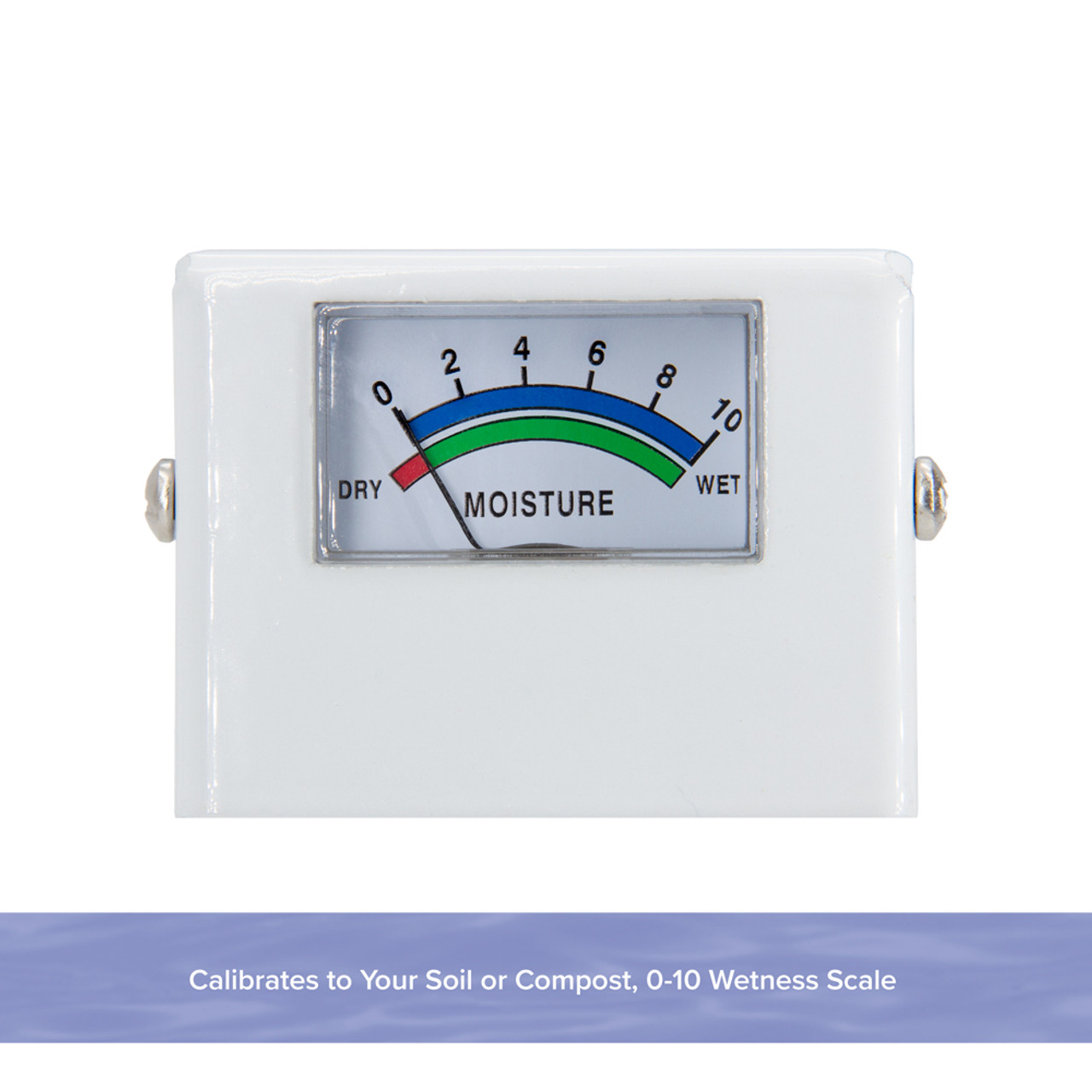Moisture Meter Reviews: Comparing the very best Designs for Specialist and Do It Yourself Usage
Moisture Meter Reviews: Comparing the very best Designs for Specialist and Do It Yourself Usage
Blog Article
The Ultimate Guide to Moisture Meters: A Comprehensive Review and Just How They Can Conserve You Money
Dampness meters serve as vital devices in identifying and keeping an eye on moisture content in materials, helping in preventing expensive problems and ensuring the high quality of items. Understanding the nuances of various types of moisture meters, their applications, and the prospective cost-saving advantages they supply can be a game-changer for experts and organizations alike.
Kinds of Moisture Meters
Numerous kinds of wetness meters are readily available for different applications in different industries. One common kind is the pin-type moisture meter, which determines the electric resistance between 2 pins inserted right into a material. This kind is suitable for timber, drywall, and other structure products. Pinless moisture meters, on the other hand, usage electromagnetic sensing unit plates to scan a bigger location without causing damages to the material's surface area. Moisture Meter. These meters are optimal for promptly assessing moisture degrees in large locations such as floorings and walls.

In addition, there are additionally specialty wetness meters designed for certain materials like hay, grain, or dirt. These meters offer exact wetness readings customized to the special properties of the product being evaluated. Infrared dampness meters determine the thermal homes of a material to establish its dampness material non-invasively, making them useful for applications where pin or pinless meters might not be ideal. Recognizing the various sorts of dampness meters offered can assist industries select the most proper device for their details dampness dimension requirements.

Advantages of Utilizing Moisture Meters
Moisture meters provide vital benefits in precisely evaluating and checking dampness levels in diverse materials and settings. One of the key advantages of utilizing wetness meters is the prevention of possible damages created by excess wetness.
In addition, utilizing moisture meters can lead to raised power efficiency. In farming settings, dampness meters play a vital role in maximizing crop returns by making it possible for farmers to keep an eye on dirt dampness degrees and make informed irrigation choices.
How to Select the Right Dampness Meter
Selecting the ideal wetness meter entails considering crucial variables such as material compatibility, dimension range, and calibration accuracy. When selecting a moisture meter, it's necessary to ensure that the meter appropriates for the details material you will be testing. Different products have differing electric properties that can affect wetness analyses, so picking a meter designed for your material is important for exact outcomes. In addition, consider the measurement variety of the dampness meter. Ensure that the meter can discover wetness degrees within the array needed for your applications. Calibration accuracy is one more essential aspect to remember. Select a wetness meter with dependable calibration to guarantee specific and constant analyses. Some meters may call for periodic calibration modifications, so recognizing the calibration procedure is necessary. By very carefully reviewing these aspects, you can choose a moisture meter that meets your needs and offers precise wetness measurements for your projects.
Correct Strategies for Dampness Meter Use

Expense Financial Savings Through Dampness Meter Applications
Just how can the calculated usage of moisture meters lead to considerable expense financial savings across different sectors? In the agriculture sector, wetness meters help in figuring out the ideal time for harvesting plants, preventing excess or over-drying wetness that can impact the last product's high quality.
Similarly, in building and construction, wetness meters aid stop costly damages by finding moisture degrees in structure materials, such as timber or concrete, which can result in architectural issues otherwise addressed immediately. By identifying issue locations at an early stage, specialists can take corrective actions to prevent considerable repair work or substitutes, ultimately saving time and cash.
Furthermore, in the food handling industry, moisture meters are necessary for keeping track of item quality and making sure compliance with security regulations. By precisely gauging moisture material in foodstuff, makers can avoid wasting, maintain freshness, and lower waste, resulting in considerable price savings. Generally, the strategic application of wetness meters is a valuable investment that can result in considerable price decreases and enhanced performance browse this site across various sectors.
Final Thought
In verdict, moisture meters are important devices for detecting and determining wetness degrees in various materials. By using the appropriate dampness meter and following proper methods, individuals visit here can properly prevent pricey damages triggered by excess dampness. Buying a top quality dampness meter can result in substantial expense savings in the long run by recognizing possible problems at an early stage and enabling punctual removal. Inevitably, moisture meters are important tools for maintaining the stability and long life of structures and materials.
Moisture meters offer as vital tools in detecting and monitoring moisture web content in products, helping in avoiding costly problems and making sure the high quality of products. Infrared dampness meters measure the thermal residential properties of a product to establish its wetness web content non-invasively, making them helpful click resources for applications where pin or pinless meters may not be suitable.Dampness meters provide vital advantages in accurately checking and assessing moisture levels in varied products and atmospheres. In agricultural setups, moisture meters play an important role in enhancing crop yields by enabling farmers to check dirt moisture levels and make educated irrigation decisions.In final thought, moisture meters are beneficial tools for finding and measuring moisture degrees in numerous materials.
Report this page